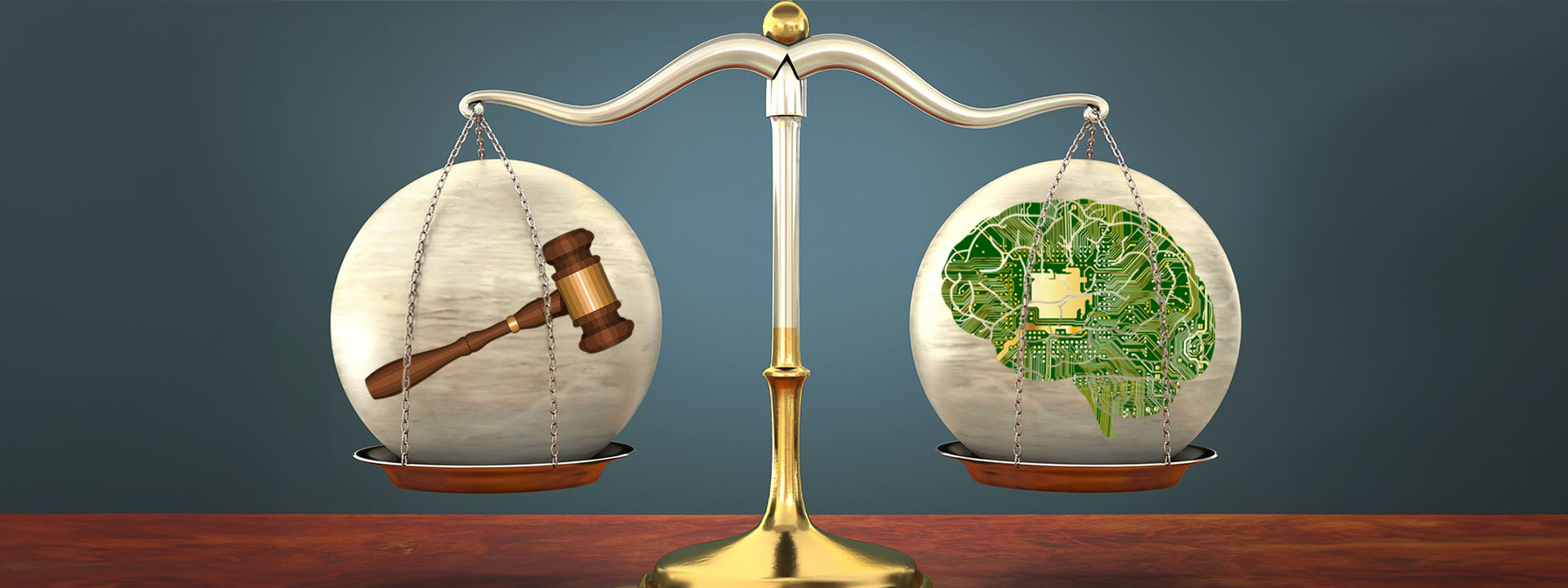With Generative AI’s ability to create legal documents, summaries, and provide answers using proprietary algorithms, ethical and legal questions abound about the use of AI-created content and research in legal settings.
- Do AI algorithms reflect biases present in the data they are trained on? If so, could this lead to potential discrimination or unfair outcomes, particularly in sensitive legal matters?
- If AI is generating content, who is accountable for its output? When is it proper to use such technology? When is it not? Who decides?
- How transparent should the legal community be in revealing whether AI has been used to generate content submitted to courts?
Large, sophisticated, Fortune 50 companies are already demanding their law firms use AI to assist in legal research. To them, it’s efficient and cost-effective. But given the (as of yet) unanswerable questions above, is it the right thing to do? So far, courts are treading carefully with any use of AI that goes beyond legal research.
Weighing the Pros and Cons
Striking a balance between AI's capabilities and limitations stands as one of the greatest challenges facing the legal profession today.
Advantages
Efficiency—AI can automate repetitive tasks such as legal research, document review, and drafting. This saves time and resources for legal professionals and their clients.
Accuracy—AI algorithms can analyze vast amounts of data quickly and with great accuracy. This reduces the likelihood of human error in legal processes.
Cost-Effectiveness—AI can streamline workflows and reduce the need for manual labor, especially with repetitive tasks. This can lead to cost savings for both law firms and clients.
Legal Research—AI-powered tools can quickly sift through massive legal databases and precedents to provide comprehensive and relevant information to assist in case preparation and argumentation.
Predictive Analytics—AI can analyze case outcomes and legal trends to develop insights a human might miss. This kind of information can be useful to inform case strategy and decision-making.
Challenges
Bias and Fairness—As noted above, intentional or not, AI algorithms may incorporate biases present in the data being used.
Data Privacy and Security—AI systems rely on vast amounts of data. Where this data comes from, how it’s accessed, and how it’s processed and stored raises concerns about privacy, confidentiality, and the overall security of sensitive information.
Complexity and Interpretation—AI-generated output may be complex, which would require careful interpretation by (human) legal professionals. This has the potential for complicating rather than simplifying legal processes.
Job Displacement—AI’s ability to automate routine legal tasks may lead to job displacement for certain legal professionals, particularly those engaged in repetitive or low-level work.
Other Applications
Certainly, AI holds promise for enhancing efficiency and accuracy in legal settings. At the same time, its adoption must be accompanied by careful consideration of ethical, legal, and societal implications.
Some legal teams are increasingly relying on AI to help them identify jurors who are likely to be favorable to their case. They use AI to pour over vast amounts of publicly available data such as social media posts, public records, and other online activities, to create profiles of potential jurors. This data can provide insights into jurors' backgrounds, interests, beliefs, and biases. It can also be used to predict how potential jurors might respond to specific arguments or evidence.
The use of AI and its innovations in legal settings gives rise to potential conflicts with the existing obligations of legal professionals. The improper use of generative AI, exemplified in the Mata v. Avianca, Inc. case, underscores the imperative for attorneys to exercise vigilance in reviewing AI-generated content submitted to courts. In this particular case, court filings were found to have inaccurate and even fictional citations and opinions.
Many law firms in the United States caution against indiscriminate use of generative AI, as reflected in a recent Thomson Reuters Institute survey that revealed some 15% of law firms had issued warnings to their staff about the use of generative AI or ChatGPT at work.
Courts in Texas, Illinois, and Manitoba, now require attorneys to disclose AI usage in the courtroom and verify its accuracy.
As We See It
A balance must be struck between attorney obligations to clients and adherence to evolving legal standards involving AI and other potential technological innovations. Without a doubt, this will require ongoing debate between all involved so that we are better able to navigate the complexities of advanced technology use in legal contexts.
As trusted advisors in intellectual property, technology, and business law Ludwig APC is keenly aware of and interested in the impact of technology and AI on the legal community. If you have questions about how AI tools and products could affect your IP rights and business, contact us today to arrange a free consultation.
(619) 929-0873 | [email protected].
Submit your email for legal tips.
